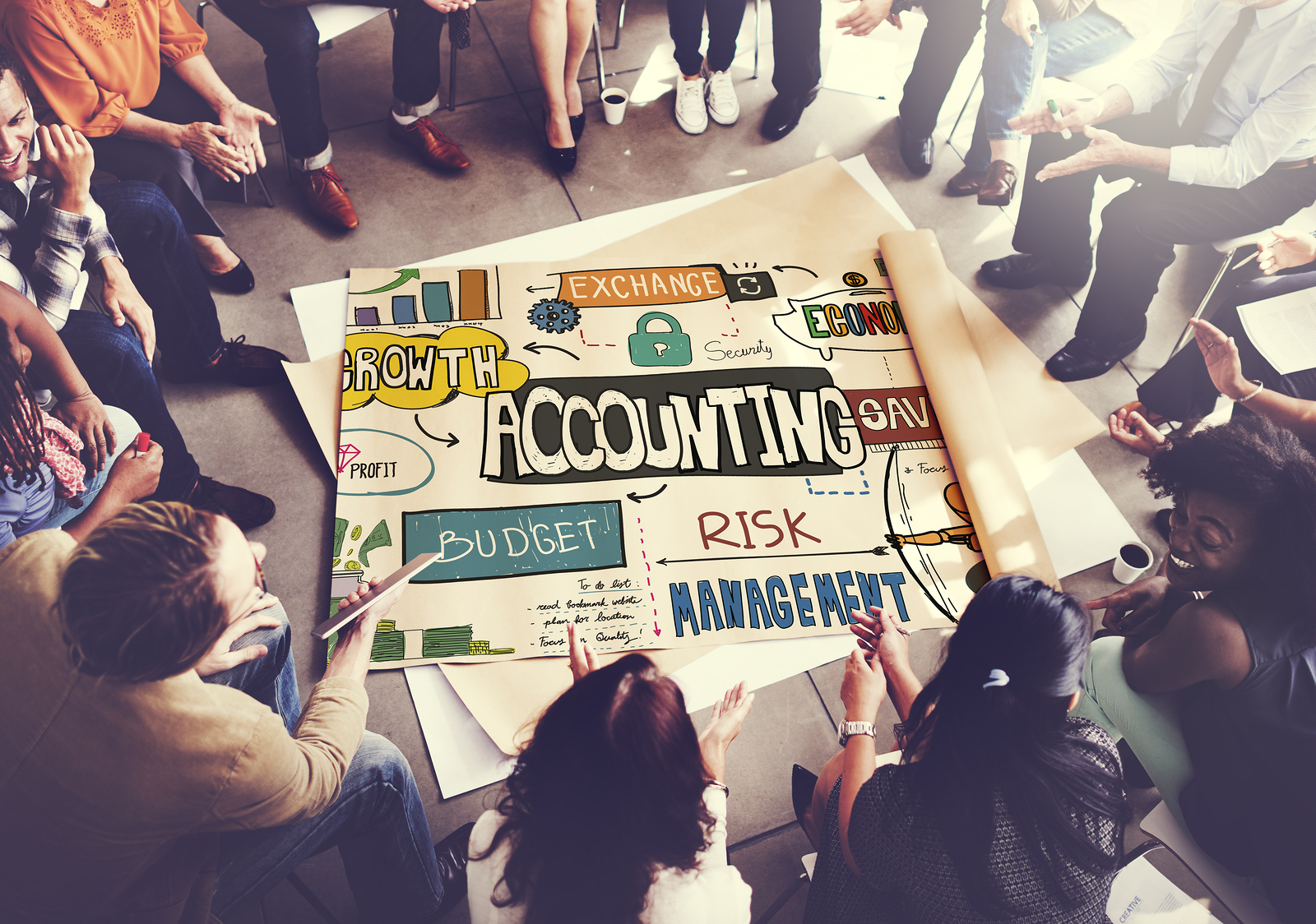One of the most common questions we get asked is: are accounting and bookkeeping the same thing? This is sometimes followed by “which one do I need?”
The simple answer is no, they’re not exactly the same thing but they are very closely linked and you can’t have one without the other.
Both require basic accounting knowledge and deal with financial data so it’s easy for people to get confused between the two.
The differences come with how data is handled and processed. Put simply, bookkeeping is the act of recording financial transactions.
Accounting is the act of analysing and reporting financial data. Below we go into more detail about what the differences are between the two.
What you do with the data
Bookkeeping is all about recording and identifying financial data. If you have a business, you will need to do bookkeeping or hire someone to do it for you.
With bookkeeping you will need to list all transactions coming in and out of the business so that you, or a trained professional, can work out how much profit and loss you have.
What we do with this data is where it bridges over into accounting.
The data you record on the bookkeeping side will be analysed and interpreted in order to work out how much tax you owe HMRC.
However, it’s not just a simple case of working out your tax from your profit figure. You are expected to claim expenses against your profit as this will ensure you’re not paying more tax than you should be.
Expenses, including transaction details and invoices or receipts must be kept as HMRC requires proof that you are claiming correctly.
Skills needed
Bookkeeping doesn’t really require any specialist skills. All you need to do is record transactions accurately. With modern bookkeeping software, most of the hard work is done for you.
For example, with Pandle, you can link up your bank account and the transactions will be automatically pulled into the software without you needing to do anything but categorise and check them.
On the other hand, accounting require a lot more skill because of its complex nature. Every business has different needs and circumstances so you need someone with experience and in depth knowledge of tax legislation to ensure everything is done correctly.
This is why we would always recommend businesses seek out a professional to help them handle their accounts. Mistakes are too easy to make and too disastrous for a growing business if those mistakes are picked up by HMRC.
So do you need a bookkeeper or an accountant?
You’ll need someone to do both of these things and will likely find someone who can do both. However, you can save yourself a lot of money if you take hold of the bookkeeping responsibilities yourself.
Bookkeepers usually charge per transaction so if you have a lot of them, the costs can quickly add up and become expensive.
You can avoid these extra fees easily by using simple bookkeeping software. This is why we designed Pandle, so the average business owner had a simple alternative to forking out for bookkeeping services.
Even if you’ve never done bookkeeping before, Pandle is easy to master and you’ll be a bookkeeping pro in no time.
Try out Pandle today. We have a free version and our pro version is competitively priced at £5 a month plus VAT. If you have any questions about using Pandle, please get in touch via support@pandle.co.uk.
